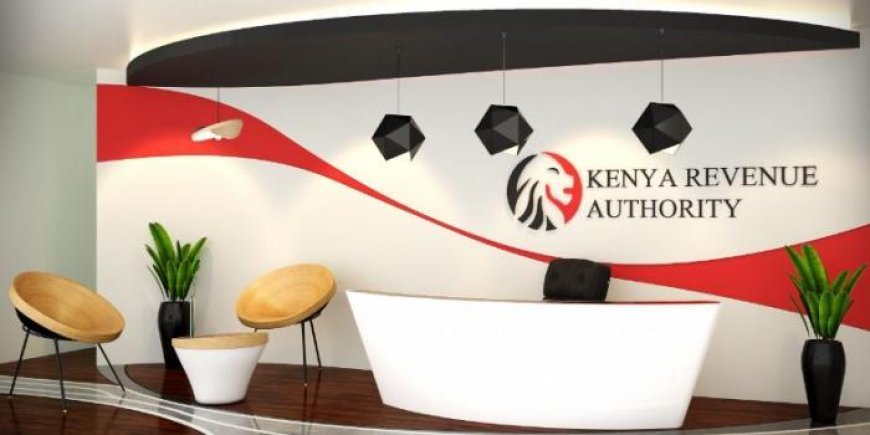Finance Bill 2025: Why KRA Wants Access To Your Data Again
As part of the bill presented to Parliament, the government wants to scrap Section 59A(1B) of the Tax Procedures Act

The National Treasury unveiled the Finance Bill 2025, outlining a series of new tax proposals set to take effect in the 2025/2026 financial year.
The bill was released on Wednesday, April 30, by Kimani Kuria, Chair of the National Assembly's Finance Committee. In it are a series of proposals, one of which is seeking to grant the Kenya Revenue Authority (KRA) what it has wanted for the longest time: access to personal data.
As part of the bill presented to Parliament, the government wants to scrap Section 59A(1B) of the Tax Procedures Act — a clause that currently blocks KRA from accessing trade secrets or customer personal data. If this proposal goes through, KRA would gain the authority to require businesses to hand over detailed transactional data.
The current law protects businesses from being forced to link their systems with KRA if it risks exposing sensitive information. Removing this safeguard would give KRA full access to business systems in the name of enforcing tax compliance.

A person using their phone. /BBC
This is akin to a proposal that was made in the deleted Finance Bill 2024, which sought to allow KRA to access sensitive personal data, including property and bank account details, in its fight against tax evasion. Former Treasury Cabinet Secretary Njuguna Ndung’u had sought to amend the Data Protection Act, 2019, via the Finance Bill 2024, which would have granted KRA unrestricted access to information from various entities without a court warrant.
This amendment would have integrated data from banks, telecoms, utilities, schools, land registries, and other agencies into KRA's digital system, iTax, sparking concerns among legal experts.
“Section 51(2) of the Data Protection Act is amended by inserting the following new paragraph immediately after paragraph (b)—(ba) disclosure is necessary for the assessment, enforcement or collection of any tax or duty under a written tax law,” stated the Finance Bill which, just like the 2025 version, was tabled in the National Assembly.
Section 51 (2) of the Data Protection Act 2019 allows data controllers and processors to share personal data with a third party if it relates to the individual themselves purely for personal or household activity and when it is necessary for national security or public interest. Section 51 (2) (c) also allows for exemption if the disclosure is required by or under any written law or by an order of the court.
Other Highlights Of Finance Bill 2025
However, the Bill came as a relief for several sectors of the economy, including the construction sector, as it proposes changes in the Export and Investment Promotion levy.
The bill proposes slashing the Export and Investment Promotion Levy from 17.5% to 5% for various construction-related items, such as semi-finished iron and non-alloy steel products like bars and rods.
It also suggests major Value Added Tax (VAT) changes, including reclassifying many goods and services from zero-rated to VAT-exempt — a move that could affect sectors like pharma and agriculture, with raw materials for drug manufacturing and sugarcane transport among the impacted items.
Products like locally assembled phones, e-bikes, solar and lithium-ion batteries, and raw materials for animal feed are also addressed in the bill. However, if these zero-rated or exempt items are used outside their intended purpose, VAT will still apply.
A new tax of 25% — or Ksh200 per kilogram — will hit imports of plastic-based products like adhesive plates, films, tapes, and strips. But this won’t affect imports from EAC partner states that comply with regional origin rules.
Finally, the bill proposes extending KRA’s window to process VAT refunds from 90 to 120 days.







